Samsung 4G Mobile HotSpot for Verizon Review

Introduction and Design:
Two years ago we reviewed the Verizon Novatel MiFi 2200, which was Verizon’s first 3G mobile hotspot. Since then, things have changes, most notably with the addition of 4G LTE to its network. So it comes as no surprise that eventually there would be a hotspot to make use of it. That is exactly what we have here - the Samsung 4G Mobile HotSpot SCH-LC11.
The appearance of the Samsung 4G HotSpot looks similar to the MiFi 2200, as it has a black plastic construction, and is relatively thin and compact, measuring just 2.32” H x 3.54” W x 0.45”D, and has a weight of only 2.7 oz. This allows the Samsung 4G HotSpot to be placed almost anywhere…your pocket, car cup holder, back-pack, etc. Included with it in the retail box are a 1500mAh battery, microUSB wall charger, and user guide.
On the front of the Samsung 4G HotSpot there are notification LEDs for showing if you are in a 4G or 3G area, which will be green if the signal is strong, or yellow if it is weak, and a Wi-Fi indicator, that will be green while in standby mode, or flashing blue when transmitting data. The power button will also be green while the device is on. Even though we like the LED lights, as they are bright and easy to see from across the room, we wish that there were an LCD display, such as the one on the Novatel 4082 and Sierra Overdrive Pro for Sprint, as that would provide more information, such as battery and signal level.
Along the side of the device is a microUSB charging port, which can only be used for charging, not for tethered data when connected to a PC via the microUSB cable. When the back cover is removed, there is a small WPS connection button, which also acts as a reset button if held, and under the battery is a 4G SIM card slot.
Two years ago we reviewed the Verizon Novatel MiFi 2200, which was Verizon’s first 3G mobile hotspot. Since then, things have changes, most notably with the addition of 4G LTE to its network. So it comes as no surprise that eventually there would be a hotspot to make use of it. That is exactly what we have here - the Samsung 4G Mobile HotSpot SCH-LC11.
On the front of the Samsung 4G HotSpot there are notification LEDs for showing if you are in a 4G or 3G area, which will be green if the signal is strong, or yellow if it is weak, and a Wi-Fi indicator, that will be green while in standby mode, or flashing blue when transmitting data. The power button will also be green while the device is on. Even though we like the LED lights, as they are bright and easy to see from across the room, we wish that there were an LCD display, such as the one on the Novatel 4082 and Sierra Overdrive Pro for Sprint, as that would provide more information, such as battery and signal level.
Along the side of the device is a microUSB charging port, which can only be used for charging, not for tethered data when connected to a PC via the microUSB cable. When the back cover is removed, there is a small WPS connection button, which also acts as a reset button if held, and under the battery is a 4G SIM card slot.
Performance:
The first device that we paired to the Samsung 4G HotSpot was a Verizon iPad 2. While it was connected, we ran a few tests, and got downloads speeds of 7-8 Mbps and uploads around 1.43 Mbps, with a ping time of 161 ms. This was noticeably faster than using the iPad 2’s internal EVDO Rev A radio, which only gets about 1 Mbps download and 0.8 Mbps upload on Verizon’s 3G network. Out of curiosity, we also tried the iPad 2 when connected to the HTC ThunderBolt using its mobile hotspot app, and got a similar 7-8 Mbps download speed, but uploads were slightly faster at 2.66 Mbps.
Up next we connected the Samsung 4G HotSpot to a Verizon iPhone 4 and Motorola DROID X, both of which had download speeds near 8 Mbps and uploads of 2 Mbps, again much faster than using their built-in 3G EVDO Rev A radio.
Lastly, we used the 4G HotSpot with an HP netbook, and got download speeds of 13.54 Mbps and uploads of 4.05 Mbps. We were also able to download a 102MB file from the Nvidia web site in less than 6 minutes. Web sites were also quite fast and loaded in only a few seconds, including our PhoneArena.com site that loaded in 12 seconds.
However, we did occasionally notice that web sites would stop loading part way through, pausing for about 10 seconds, with the blue Wi-Fi light no longer flashing on the Samsung 4G HotSpot, then would continue and start back up. Since we had this happen a few times over several days, and while using the 4G HotSpot with a few devices, we’re not sure if the problem is with the Samsung 4G HotSpot or with Verizon’s 4G network, though the LED indicator showed us to have a strong 4G signal and never changed to 3G.
Battery life is rated at 3.6 hours on the Samsung 4G HotSpot, but we got closer to 4 hours of continual 4G usage before requiring a charge.
For added functionality, you can access the settings page for the Samsung 4G HotSpot by going to 192.168.1.1 in your web browser and entering in the same Wi-Fi password. From here, you can view your current internet connection, signal strength, and how many devices are connected to it, make changes to the LAN and Wi-Fi, including type of security and encryption that is used, change your password, MAC filtering, Port Filtering, view diagnostic information, and set the power off time.
Conclusion:
Overall, the fast data speed that the Samsung 4G HotSpot SCH-LC11 provides is its biggest selling point, as we got download speeds from 7-13 Mbps, depending on the device we had connected to it, and uploads from 1.43 to 4 Mbps. All of which is much faster than using the internal 3G EVDO radio on those devices.
At a current price of $99.99 on the Verizon Wireless site (after rebate with a 2 year contract), the Samsung 4G HotSpot is more expensive than the Sprint Overdrive Pro at $49 and Novatel MiFi 3G/4G 4082 at $79, so keep that in mind. But it will provide a hefty speed boost to any Wi-Fi enabled phone, tablet, or PC. Data plans start at $50 per month for 5GB of data and $80 per month for 10GB of data.
Samsung 4G Mobile HotSpot for Verizon Video Review:
The first device that we paired to the Samsung 4G HotSpot was a Verizon iPad 2. While it was connected, we ran a few tests, and got downloads speeds of 7-8 Mbps and uploads around 1.43 Mbps, with a ping time of 161 ms. This was noticeably faster than using the iPad 2’s internal EVDO Rev A radio, which only gets about 1 Mbps download and 0.8 Mbps upload on Verizon’s 3G network. Out of curiosity, we also tried the iPad 2 when connected to the HTC ThunderBolt using its mobile hotspot app, and got a similar 7-8 Mbps download speed, but uploads were slightly faster at 2.66 Mbps.
Lastly, we used the 4G HotSpot with an HP netbook, and got download speeds of 13.54 Mbps and uploads of 4.05 Mbps. We were also able to download a 102MB file from the Nvidia web site in less than 6 minutes. Web sites were also quite fast and loaded in only a few seconds, including our PhoneArena.com site that loaded in 12 seconds.
However, we did occasionally notice that web sites would stop loading part way through, pausing for about 10 seconds, with the blue Wi-Fi light no longer flashing on the Samsung 4G HotSpot, then would continue and start back up. Since we had this happen a few times over several days, and while using the 4G HotSpot with a few devices, we’re not sure if the problem is with the Samsung 4G HotSpot or with Verizon’s 4G network, though the LED indicator showed us to have a strong 4G signal and never changed to 3G.
Battery life is rated at 3.6 hours on the Samsung 4G HotSpot, but we got closer to 4 hours of continual 4G usage before requiring a charge.
For added functionality, you can access the settings page for the Samsung 4G HotSpot by going to 192.168.1.1 in your web browser and entering in the same Wi-Fi password. From here, you can view your current internet connection, signal strength, and how many devices are connected to it, make changes to the LAN and Wi-Fi, including type of security and encryption that is used, change your password, MAC filtering, Port Filtering, view diagnostic information, and set the power off time.
Conclusion:
Overall, the fast data speed that the Samsung 4G HotSpot SCH-LC11 provides is its biggest selling point, as we got download speeds from 7-13 Mbps, depending on the device we had connected to it, and uploads from 1.43 to 4 Mbps. All of which is much faster than using the internal 3G EVDO radio on those devices.
Samsung 4G Mobile HotSpot for Verizon Video Review:






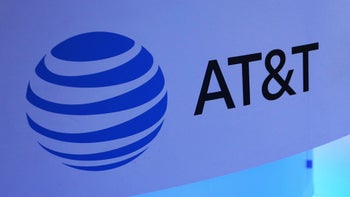

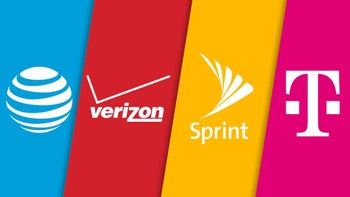
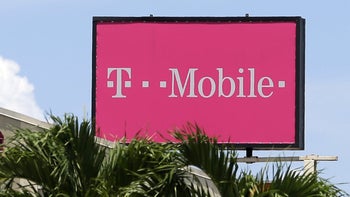
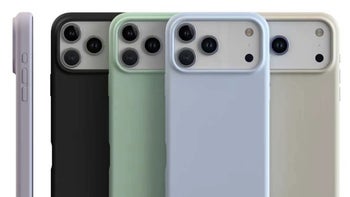
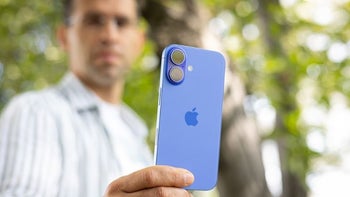
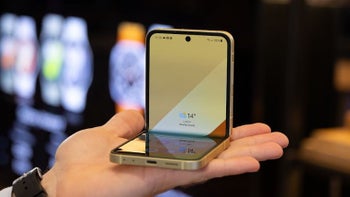
Things that are NOT allowed: